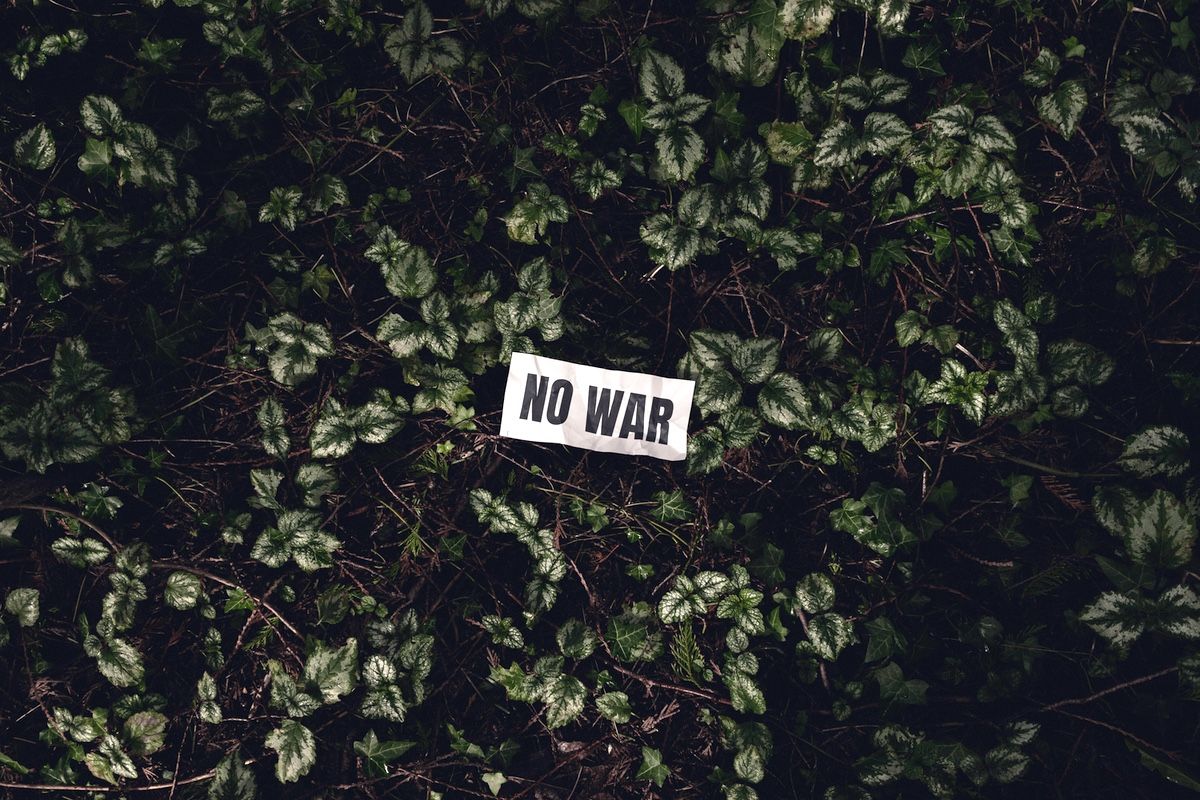Blog
War in Ukraine
June 9, 2025
It’s been an eventful couple of weeks for financial markets after Russia’s all-out invasion of Ukraine, with the global economy struggling to adjust to what could be long-term disruptions to the supply of a whole host of commodities and goods produced by the two countries. Macroeconomic conditions were already somewhat fraught, with the pandemic only just beginning to show signs of dissipating, and inflationary pressure mounting. This has left central banks playing catch-up and investors reorienting to value from growth. At the same time, the importance of technology has never been greater and the huge changes brought by the pandemic – and now much greater geopolitical risk – leave fertile ground for startups to define the future of the global economy.
What does all this mean for venture capital? Investors will need to account for increased uncertainty and risk and reassess the prospects for their holdings in light of the quite rapidly shifting conditions. Startups, meanwhile, may also need to adapt as they potentially face rising costs and even delays and shortages – including of personnel, given already tight labor markets. Nevertheless, such changes bring many opportunities too, and the rewards for those who understand and manage the risks will certainly be great.
Against this backdrop, the climate crisis and energy transition remain incredibly important themes not to be lost sight of. Russia and Ukraine are both major producers of a wide range of commodities (including agricultural products), many of which have important parts to play in generating and storing renewable energy. As severe sanctions begin to bite the Russian economy, we have already seen the price of nickel, a key material for batteries, spike to over $100,000 per tonne. On top of an already elevated price of $30,000/t (the highest since 2008), the over 250% surge caused chaos for traders and saw the London Metal Exchange suspend trading of the metal.
While well known as the breadbasket of Europe, Ukraine is also an important source of many minerals (beyond iron and coal). The country supplies around half of the world's neon gas, which is critical to chip manufacturing. Similarly, Russia also holds an important place in the global economy as a huge exporter of not only oil and gas but many mineral inputs for renewable energy generation, notably nickel and cobalt.


